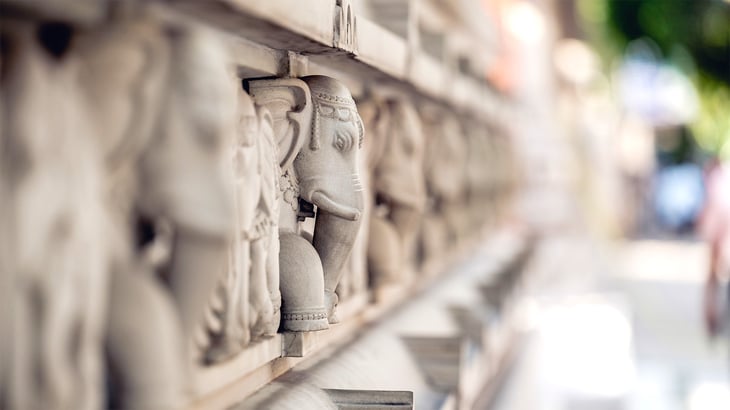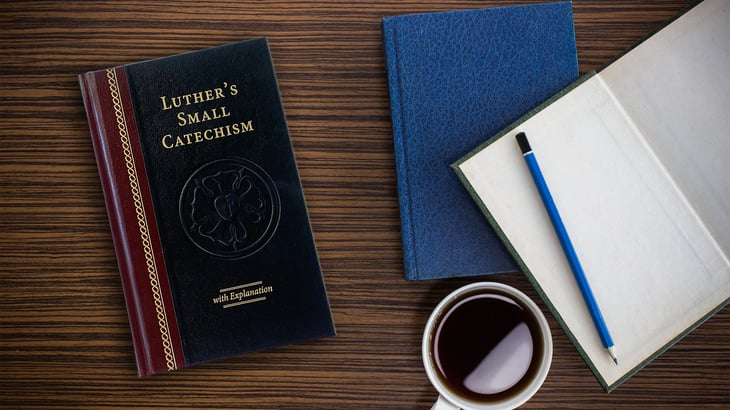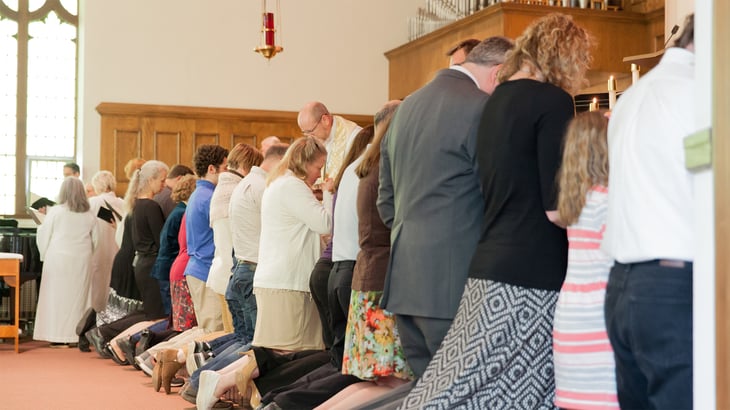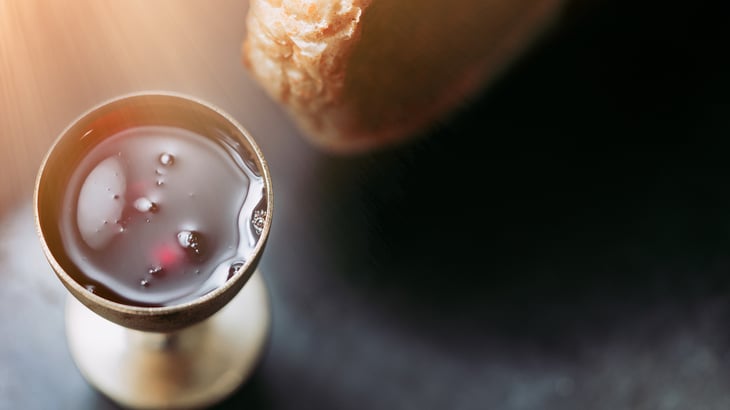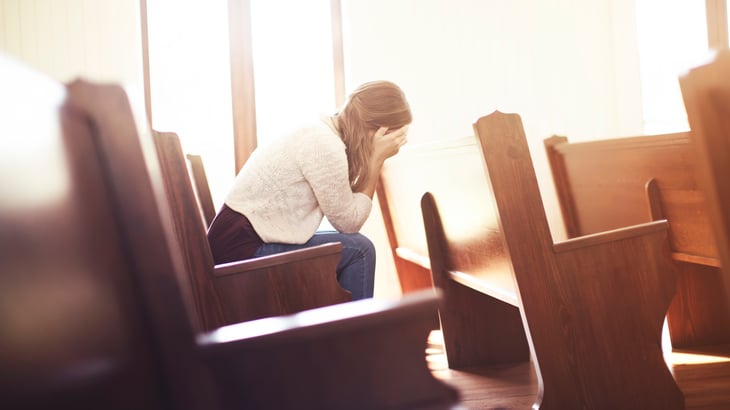Recent Posts by Phil Rigdon
Teaching the Differences between Christianity and New Age Teaching
This blog is a continuation of the series on teaching the differences between Christianity and other major world religions. This blog addresses New Age beliefs.
Teaching the Differences between Christianity and Mormonism
This blog is a continuation of the series on teaching the differences between Christianity and other major world religions. This blog addresses Mormonism, a common worldwide religion whose claim to be Christian ought to be approached with much skepticism.
Teaching the Differences between Christianity and Buddhism
In Mark 7:21–23, Jesus says, “For from within, out of the heart of man, come evil thoughts, sexual immorality, theft, murder, adultery, coveting, wickedness, deceit, sensuality, envy, slander, pride, foolishness. All these evil things come from within, and they defile a person.”
As a part of my series on teaching differences between Christianity and other major world religions, I will explain a major world religion with core teaching that is the antithesis of this warning against trusting ourselves—looking inward for peace. That religion is Buddhism.
Teaching the Differences between Christianity and Hinduism
As a part of my greater series on differences between Christianity and other major world religions, this blog outlines the religion of Hinduism, one of the world’s oldest religions. While it is made up of many sects, there are more than one billion people in the world who practice this religion.
Teaching the Differences between Christianity and Islam
In a society like ours, which is replete with different belief systems, it can be challenging to present the beliefs of Christianity as they differ from other religions. This blog marks the first in a series that seeks to equip teachers of all ages to address differences between Christianity and other major world religions.
Why Lutherans Should Know the Differences between Other Religions
In our pluralistic society and world, there is a wide variety of cultures, beliefs, and religions. And with that comes a variety of questions that Christian educators, like you and me, often face! Over the next few months, I will be sharing a series of blogs on teaching the difference between Lutheran Christianity and other religions.
Frequently Asked Questions When Teaching Luther’s Small Catechism
Over the past twelve months, I have offered thoughts and educational strategies related to teaching Luther’s Small Catechism. As last month’s blog completed the six chief parts, I would like to address a few common questions related to Luther’s Small Catechism.
Teaching the Catechism: The Lord’s Supper, Third and Fourth Sections
In this blog, we continue our exploration of the Lord's Supper from Luther's Small Catechism with the Third and Fourth Sections.
Teaching the Catechism: The Lord’s Supper, First and Second Sections
We continue our series on teaching Luther’s Small Catechism to students. In this blog, we explore the First and Second Sections of the Lord’s Supper.
Teaching the Catechism: Confession
What is Confession? Confession has two parts. First, that we confess our sins, and second, that we receive absolution, that is, forgiveness from the pastor as from God Himself, not doubting, but firmly believing that by it our sins are forgiven before God in heaven.





